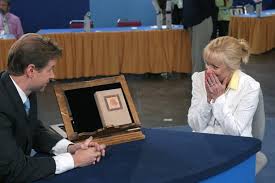Click here to see the Miracle League of Valdosta Facebook page. You can sign your child up today for the fall season by clicking here. You can volunteer for the Miracle League of Valdosta by clicking here. For pictures from this past season, click here. To see pictures from the fall season click here.


